Our Team

══▶ Aeronautical Engineering at Cambridge University
══▶ Research: Data Driven Micro-mechanics
══▶ Director at Cambridge Spaceflight
══▶ Former advisor at the Royal Aeronautical Society

══▶ Economics and Management at Oxford University
══▶ Masters in Management at HEC-Yale
══▶ Research: FHLB lending and deposit costs in US
══▶ Advised on large-scale Energy M&A

══▶ Information Engineering at Cambridge
══▶ Ranked 2nd out of 277 students, achieving starred Class I
══▶ Research: Large Speech Models
══▶ Software Engineer at Expedia
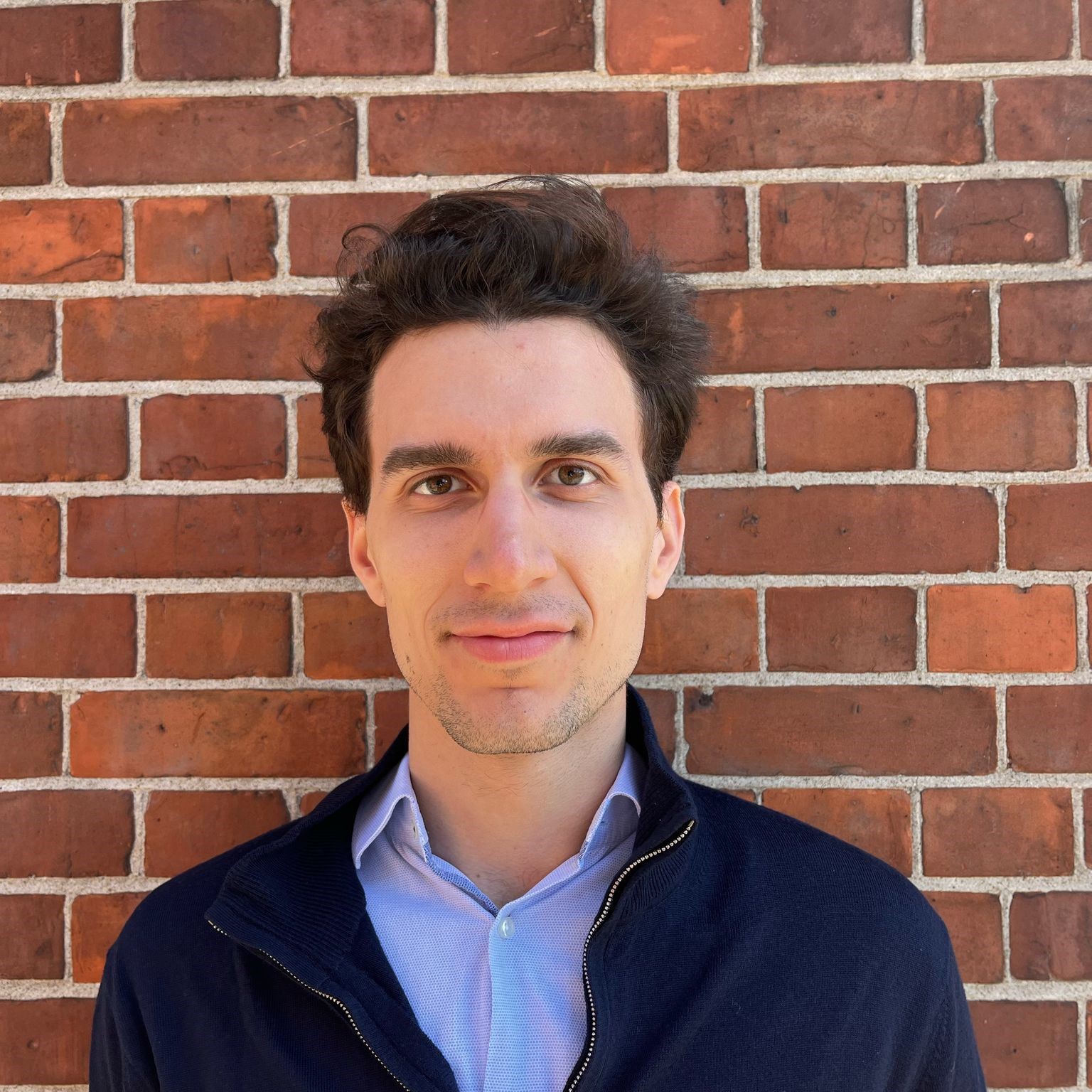
══▶ Mechanical Engineering at Imperial College London
══▶ Research: Spiked Neutral Networks
══▶ Scientific Computing at Atomic Energy Authority
══▶ Software Engineer at Publicis Sapient

══▶ Aeronautical Engineering at Cambridge University
══▶ Ranked 1st in Cambridge Mechanical Engineering Exams
══▶ Research: Computational Fluid Dynamics
══▶ Expert in infrastructure and systems architecture

══▶ Computer Science at University College London
══▶ Medicine at Medical University of Warsaw
══▶ Research: Methods in Quantum Computing

══▶ Information Engineering at Cambridge University
══▶ Ranked 5th out of 269 students in Masters
══▶ Research: Computer vision for bacteria in micro-fluidic devices
══▶ Research intern at Leonardo
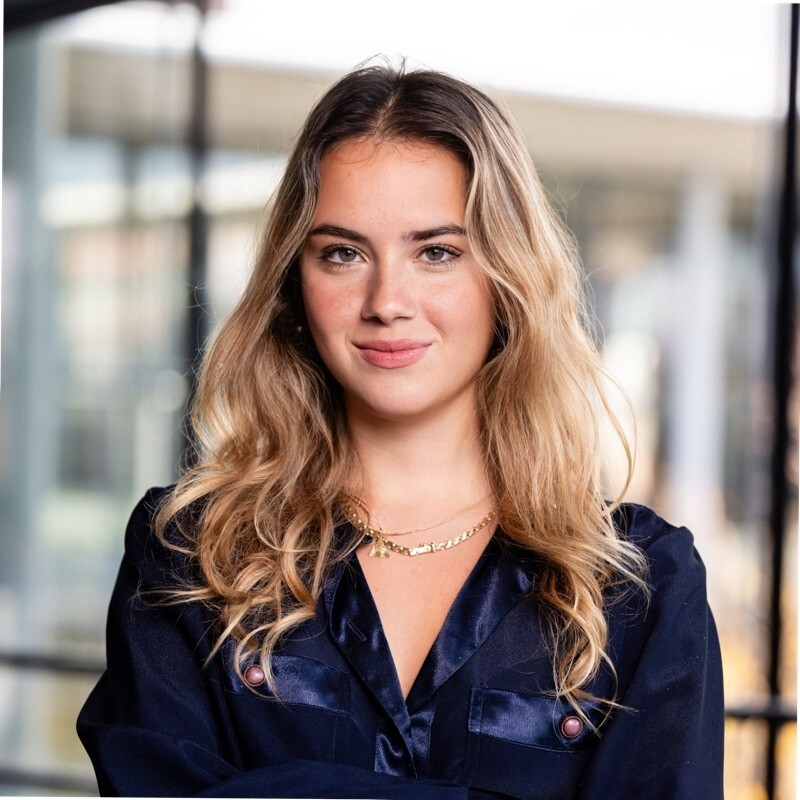
══▶ Mathematics at University College London
══▶ Masters of Management at Yale SOM
══▶ Research: Multimodal Deep Learning for Financial Forecasting Using Visual and Tabular Data
══▶ Research intern at Aegean Airlines
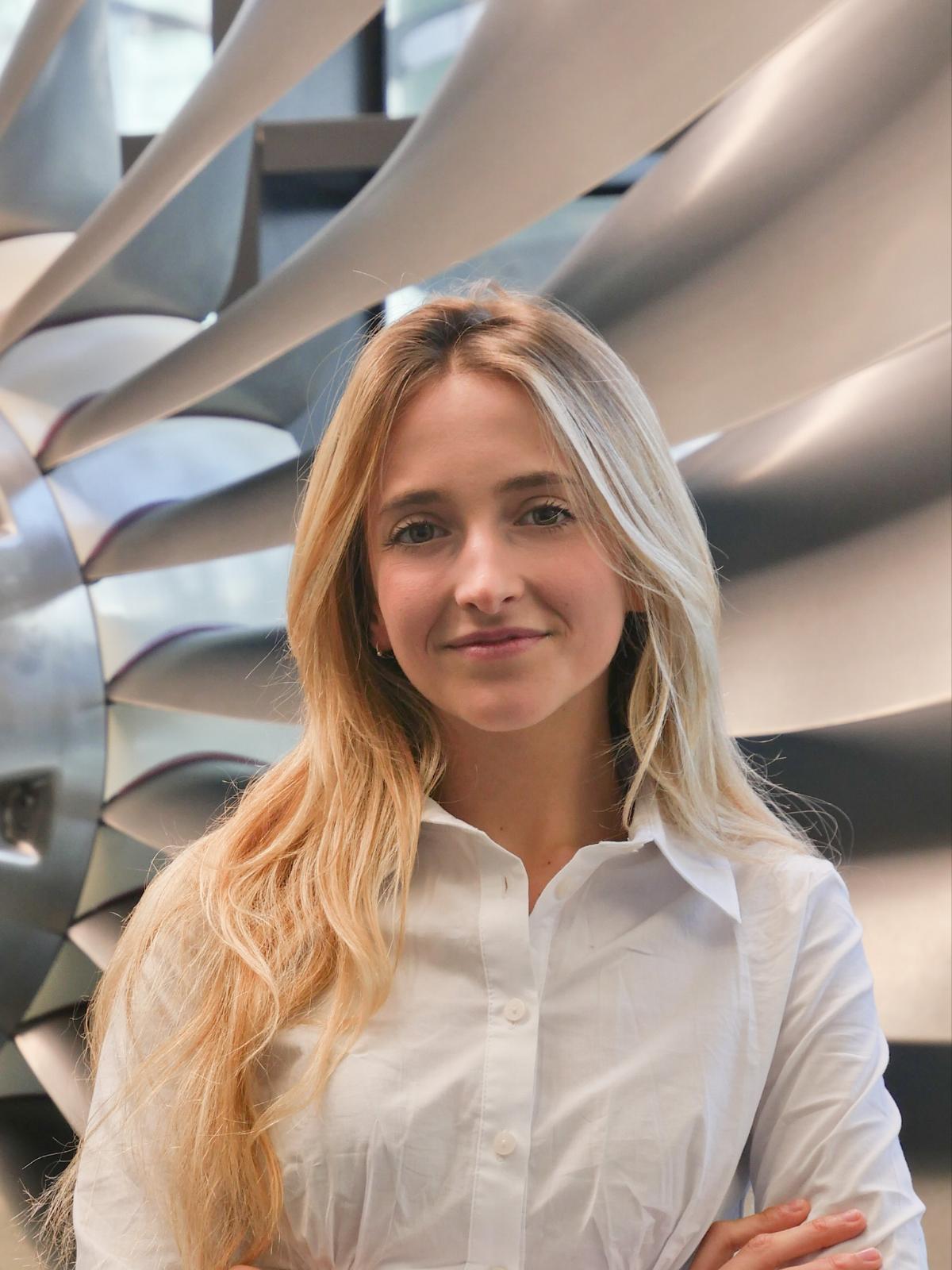
══▶ Mechanical Engineering at Imperial
══▶ Imperial ARUP prize for Mechanical Engineering
══▶ Research: Enhancing heat transfer in Nuclear power using pattern surfaces
══▶ Market analyst for decarbonization at Shell
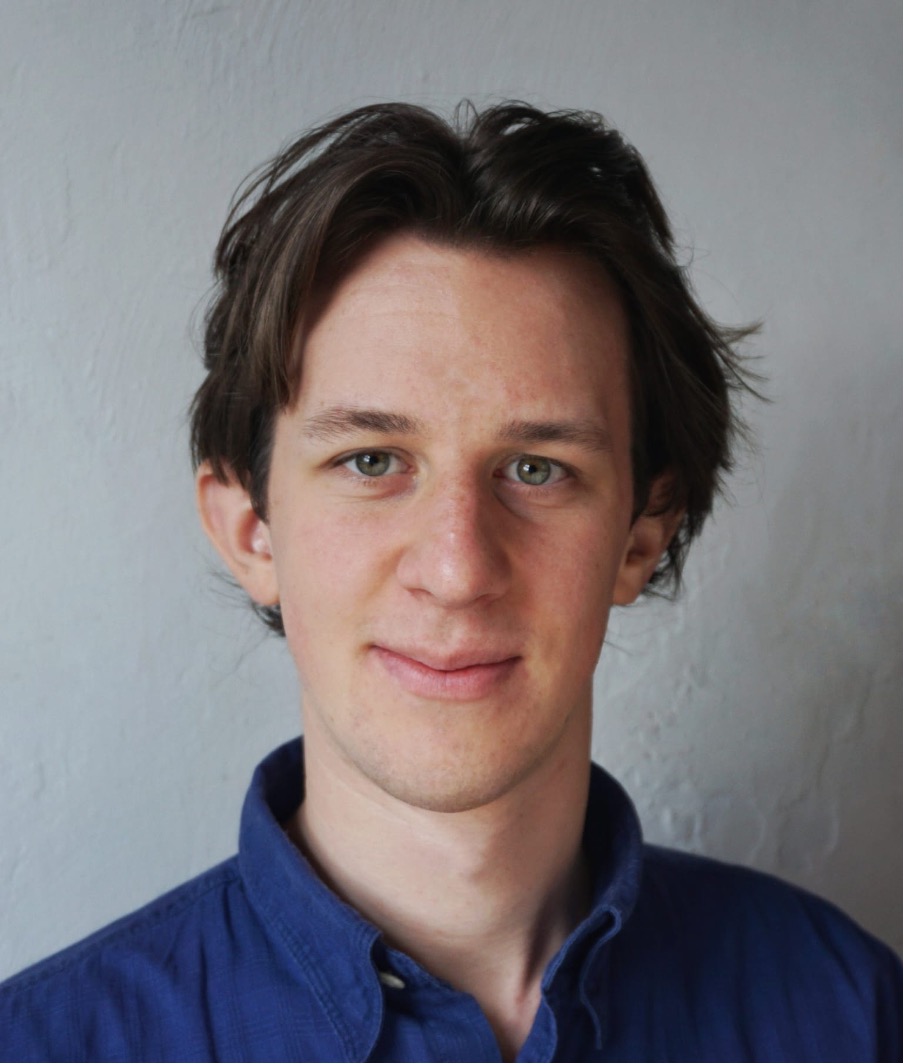
══▶ Masters in Finance and Investments at Erasmus University Rotterdam
══▶ Ex VC at Market One Capital
══▶ Head of deployment at a Solar EPC startup
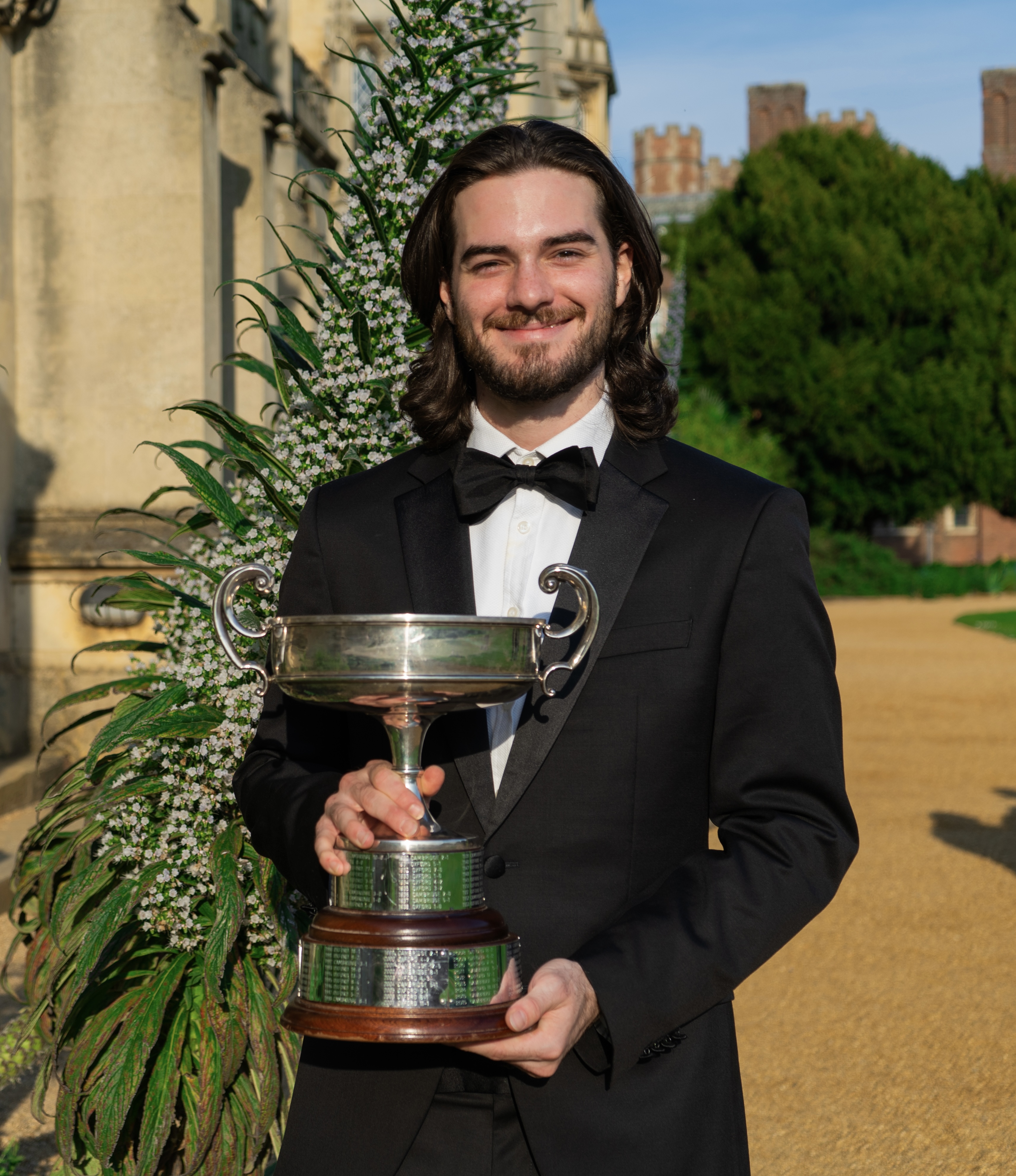
══▶ Advanced Computer Science at Cambridge University
══▶ Research: Formal verification on algebraic theories using Lean
══▶ Digital technologies intern at Ernst & Young
══▶ British University Ice Hockey Association National Champion
Our Advisors

══▶ NED and Advisor for companies and charities
══▶ Experienced financial journalist, broadcaster and lecturer
══▶ Previous work includes; LBC Radio, The Independent newspaper and City University’s Journalism School.
══▶ Author of “How to Report Economic News”, published by Routledge
══▶ Host of “It’s The Economy”, a podcast mini-series for Intelligence Squared.

══▶ Research Scholar and Teaching Fellow Coordinator at Stanford University and Czech Technical University
══▶ Research: ML for energy grid optimization and power flow forecasting in the context of the green energy transition
══▶ Head of Engineering at Uizard
══▶ Head of Research for Czechia’s first autonomous racing vehicle development team funded by Toyota Research Institute.
══▶ MPhil from the University of Cambridge and an MEng from Czech Technical University

══▶ Associate Director of the Leverhulme Centre for the Future of Intelligence at the University of Cambridge
══▶ Co-director for the Kinds of Intelligence programm
══▶ Research: Exploration a range of themes connected to non-human consciousness and intelligence, including measurement of consciousness, moral patience
══▶ Other interests include creative intelligence, anthropomorphism and folk psychology.